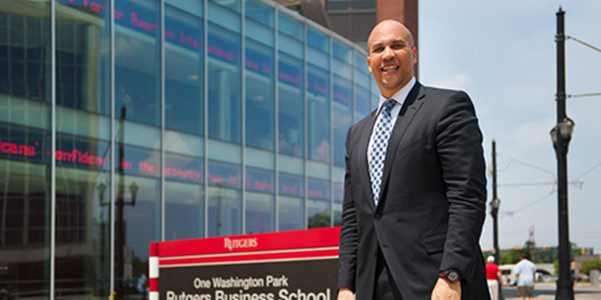MIT Sloan Surveys Growing Vertical Farm Movement

MIT Sloan published an article this week about AeroFarms, an innovative Newark, NJ vertical farm situated in a 70,000-square-foot facility more akin to a “sci-fi movie set” than the green pastures one traditionally associates with farms. Continue reading…
Rutgers Announces Futuristic Telemedicine Project in Newark

Rutgers Business School announced on its blog this week a joint venture with its School of Nursing to pilot the use of telemedicine technology, which virtually connects healthcare providers and patients from underserved populations in Newark, NJ via portable devices that “plug into a laptop, tablet, or mobile phone.” Continue reading…
Rutgers Names Business School Professor as Provost

Rutgers University- Newark has selected Rutgers Business School Professor Jerome Williams as the next provost of University in Newark. Williams will begin his new position on Sept. 1, 2015. Williams has been with the Rutgers Business School since 2010. He has served as the Prudential Chair in Business, director of the PhD program and has also overseen research at The Center for Urban Entrepreneurship and Economic Development.
As provost, Williams will represent Rutgers-Newark on the Rutgers system Promotion Review Committee. He will also work with university leaders to solidify support of a wide range of scholarly pursuits and collaborations. Williams will also help to build a high impact research program for Rutgers-Newark and to help the school to work with other Rutgers-Newark leadership team members to grow institutional partnerships and initiatives.
NJ Senator Booker to Host Summit at Rutgers

In a special partnership with the Rutgers Business School, US Senator Cory Booker (D-NJ) will host the New Models to Improve Access to Capital Summit on Friday, June 13 in Newark. The summit will bring together CEOs and executives from market leaders in peer-to-peer lending and microfinance industries for a roundtable discussion. There they will discuss how new lending models improve efficiency, lower costs, and make capital more accessible to communities and small businesses cut off from credit after the financial crisis. Continue reading…
